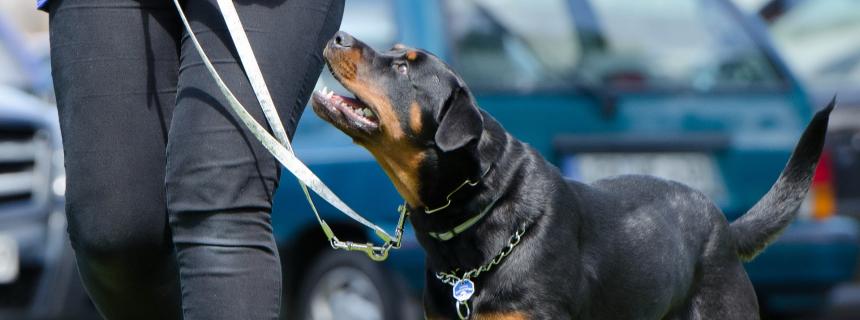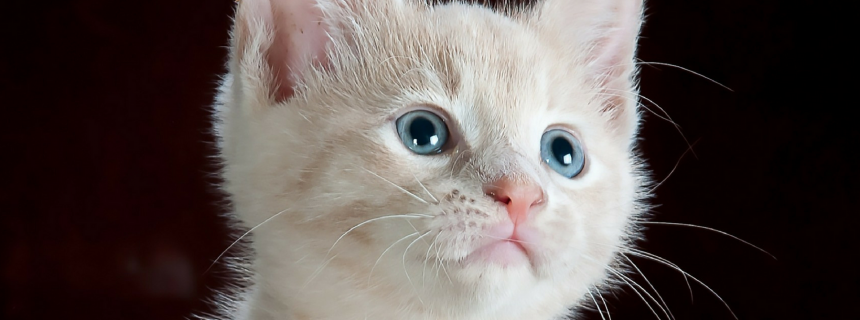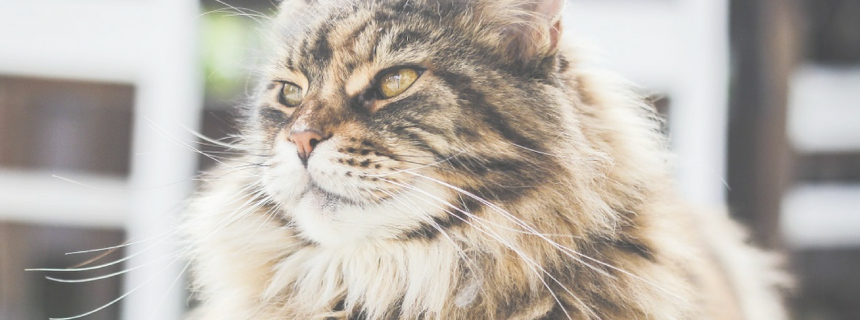Diagnosing and Treating Your Pet Alone: The Dangers of the Internet
The internet is an amazing resource, one that has completely transformed our lives. It answers an infinite amount of questions for us, as the press of a button, anywhere we are at anytime.
The problem is, maybe we have too many answers, and from some unreliable sources to boot. If you were to Google “sick pet symptoms”, you would have 1.36 million results at your fingertips in 0.67 seconds. So where do you even begin?
Read More
Cancer and Pets: How Can We Prevent It?
While there is far more research performed for the benefit of humans than for pets, we know that much of the initial research into human disease and pharmaceuticals is performed using animals; therefore, we learn about them as a side effect.
In the veterinary field, many of the therapeutics we use to treat disease come from human medicine, at least initially. The treatment of cancer is no exception, and in fact, some cancer treatments derived from human medicine have worked well for animals. Others, however, have not.
Read More
What is Food Therapy?
Hippocrates said, “Let medicine be your food and food be your medicine.”
Food therapy is the practice of using different foods and herbs to treat pets based on genetic tendencies, age, species, environment, personality, stress level and disease patterns.
Read More
Canine Good Citizenship: Can Your Pup Pass the Test?
You’ve got a great dog — but is he/she a good citizen?
The American Kennel Club (AKC)’s Canine Good Citizen program was designed to reward dogs with good manners at home and in the community, as well as their owners. A 10-step basic obedience test is required to earn the official AKC Canine Good Citizen title.
As a professional dog trainer, my dream is that all dog owners aspire to this goal.
Read More
Hospice Care and Euthanasia: When It’s Time to Say Goodbye
While most pet owners agree it is better to have loved and lost a furry friend than never to have loved at all, coping with the impending death of a beloved pet is never easy. Fortunately, this process does not have to be navigated alone.
Working together with your veterinarian, you can make the most of your pet’s final days and guide him/her through the end of life peacefully.
Quality of life
One of the most important things to consider during the gradual decline of a pet’s health is his/her quality of life.
Read More
Is Your Kitty a Hazard to Your Health?
Toxoplasmosis, a disease caused by the parasite Toxoplasma gondii, has been scaring pregnant women and families for years—and cats have a bad reputation of being the source! The truth is, despite the feline’s connection to this parasite, family pets are likely not the cause of this disease in human cases. Most commonly, human infection occurs as a result of gardening in contaminated soil or handling raw meat.
Read More
After Adoption: Why Your Shelter Pet Still Needs to See a Veterinarian
Congratulations on the adoption of your new pet! We are thrilled that you decided to adopt a pet from the shelter and save a life!
When a dog or cat is adopted from the shelter, he/she is most likely current on vaccines, has been spayed or neutered and has been microchipped. The shelters work hard to make adopting a pet as easy as possible. However, it is still very important to follow up with your veterinarian soon after adoption.
Read More
How to Handle Hairballs
Cats are typically fastidious groomers and therefore ingest a significant amount of hair. Hair is undigestible and usually sits in the stomach until enough hair is accumulated to produce a signal that induces vomiting. Even though people often say their cat is “coughing up a hairball,” this is not the correct terminology. The hair is coming from the gastrointestinal (GI) tract, not the respiratory tract (lungs).
Read More










